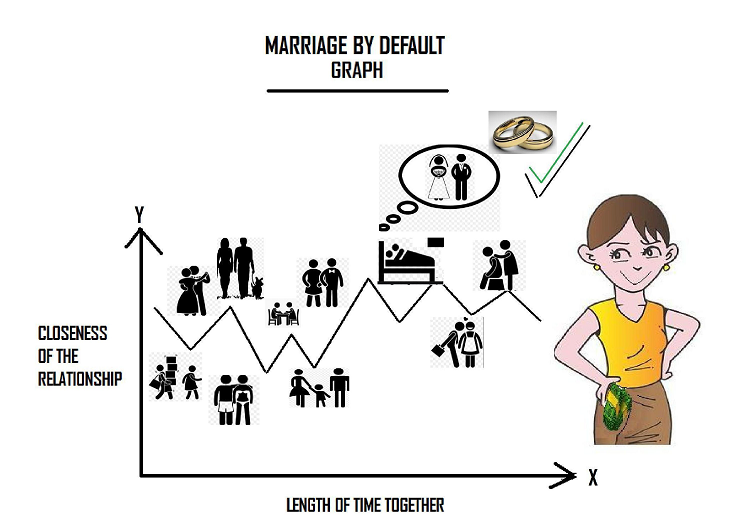Campbell v Campbell, (1867) 5M (HL) 115
Citation:Campbell v Campbell, (1867) 5M (HL) 115.
Rule of thumb:Can a man and woman be married by custom without a formal ceremony? Yes. This case affirmed the ‘principle of marriage by default’ – it confirmed that a man and a woman can become married without having a formal exchanging of vows in a wedding ceremony provided that certain conditions showing their commitment to each other are met.
Background facts:
The basic facts were that a woman believed that a marriage had been constituted because her and her man had been effectively living as man and wife for 3 years, and had always held themselves out as being an item.
Parties argued:
The woman argued that they were married and that their assets were shared as a result of this. The man argued that there had been none of the formalities of a wedding, albeit that they had been in a close relationship. The man argued that each party was an individual and only entitled to their own assets. The Court affirmed that in cases like this the question of whether a marriage has been formed depends on just how close the relationship, and is fact dependent, so listened carefully to the full circumstances in a trial.
Judgment:
The Court in this case held that the relationship had been sufficiently close and there had been sufficient holding out as an item in order for a marriage to have been created, and that the assets of both were shared. This seminal case provides a stark warning to anyone who is with a ‘partner’ in a marriage-esque relationship for a long period of time, but does not really feel they ‘love’ the person they’re with and does not see the relationship as a long-term arrangement. This seminal case is of course especially important to be aware of if there is a significant financial mismatch between them, although this would be a fact to take into consideration.

Ratio-decidendi:
‘Where a man and woman have lived together as man and wife, at a time when they could not be man and wife, and they continue to live together in the same manner after it has become possible for them to become man and wife, the question whether they have become man and wife is a question not of law but of fact. The law permits them to create that relation between themselves, and whether they have done so must be decided like any other question of fact. The circumstance that they represented themselves to be man and wife, when they knew they were not so, may reasonably be taken into account in estimating their subsequent conduct. It may neutralise the effect which would otherwise have been properly given to their subsequent co-habitation, ie, it may do so as a matter of fact. I cannot think it must do so as a matter of law. And if that be so, then all which any tribunal can do which has to deal with such a question is to look at all the circumstances, and consider whether they do or do not lead to the conclusion that the parties did contract marriage at some time after it was possible for them to marry’, Lord Cranworth at 135
Warning: This is not professional legal advice. This is not professional legal education advice. Please obtain professional guidance before embarking on any legal course of action. This is just an interpretation of a Judgment by persons of legal insight & varying levels of legal specialism, experience & expertise. Please read the Judgment yourself and form your own interpretation of it with professional assistance.

